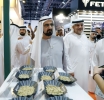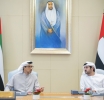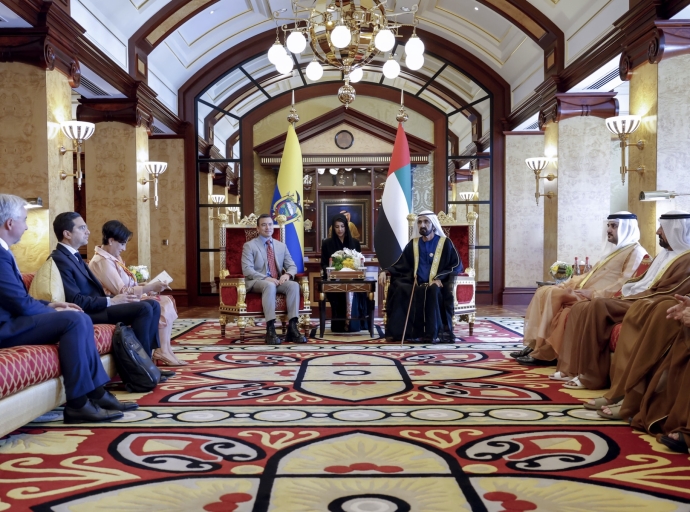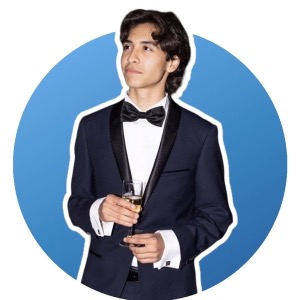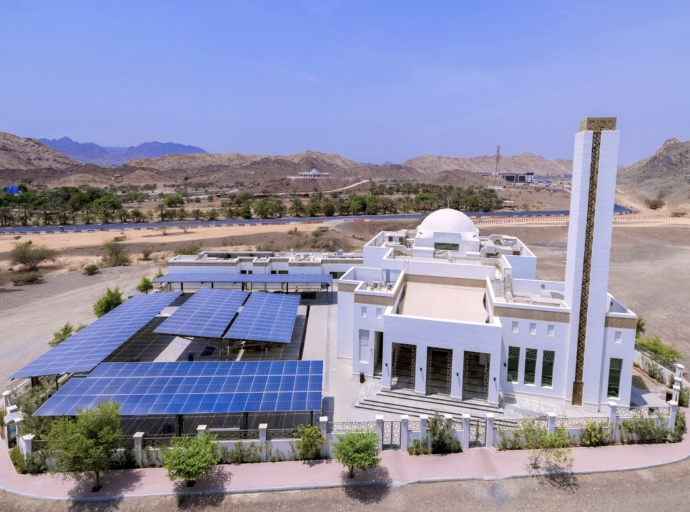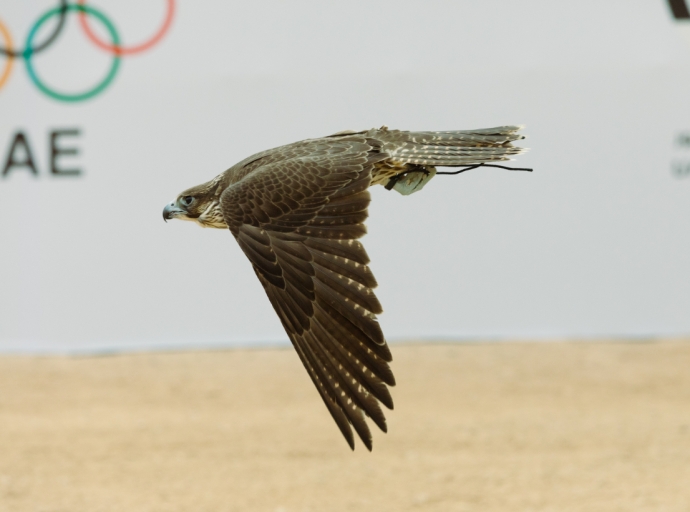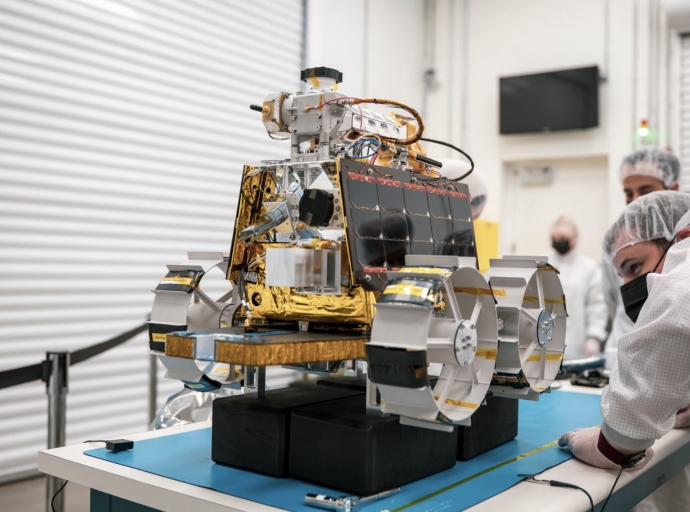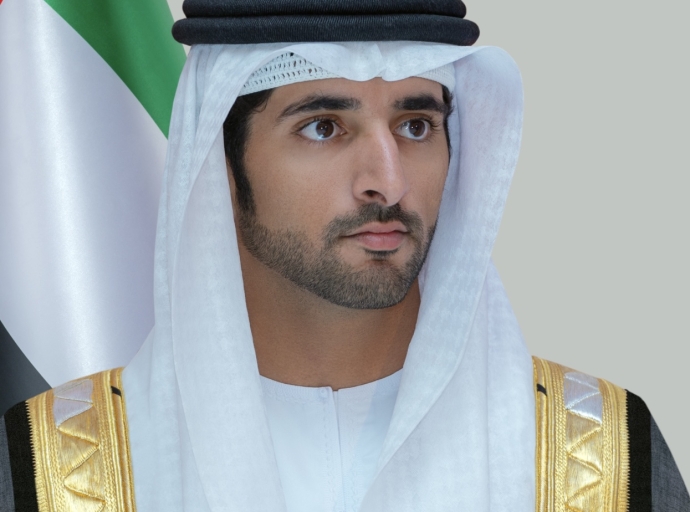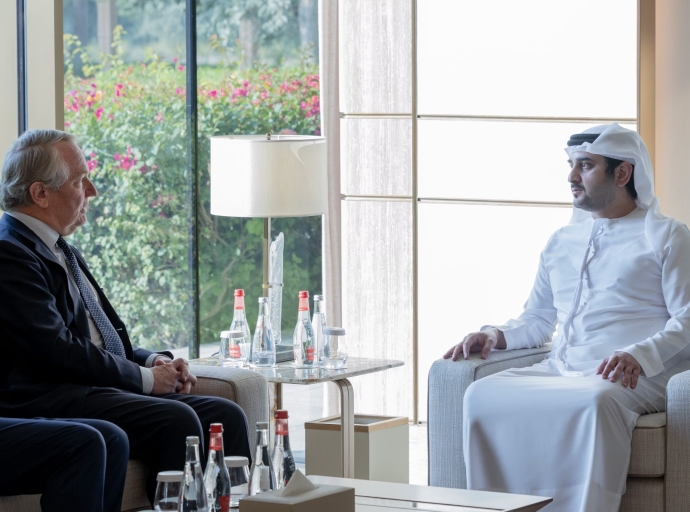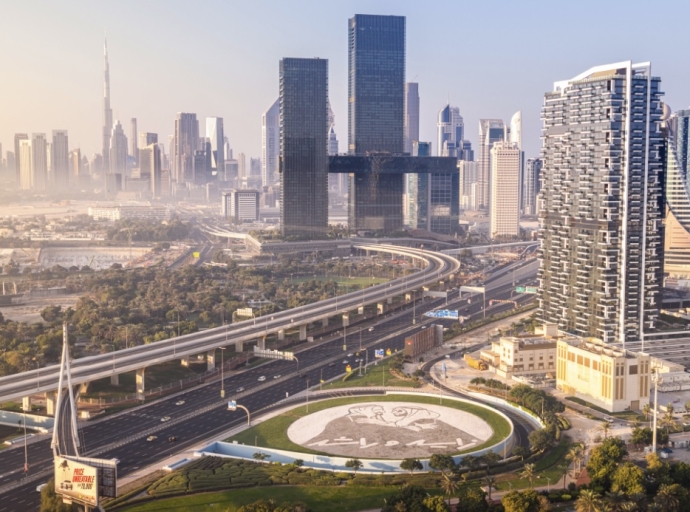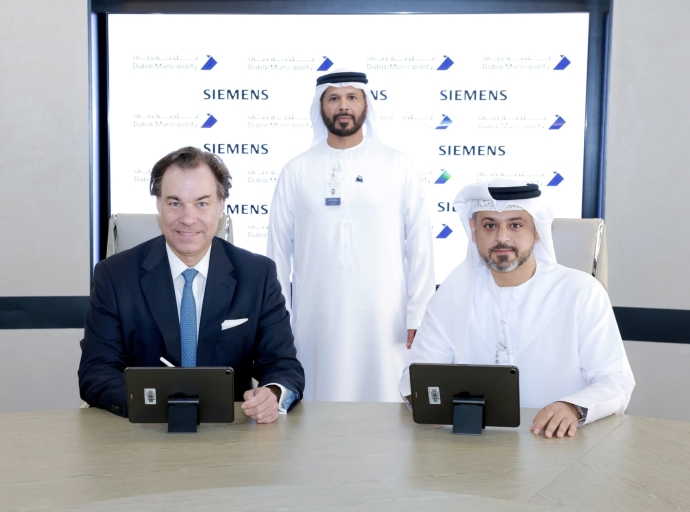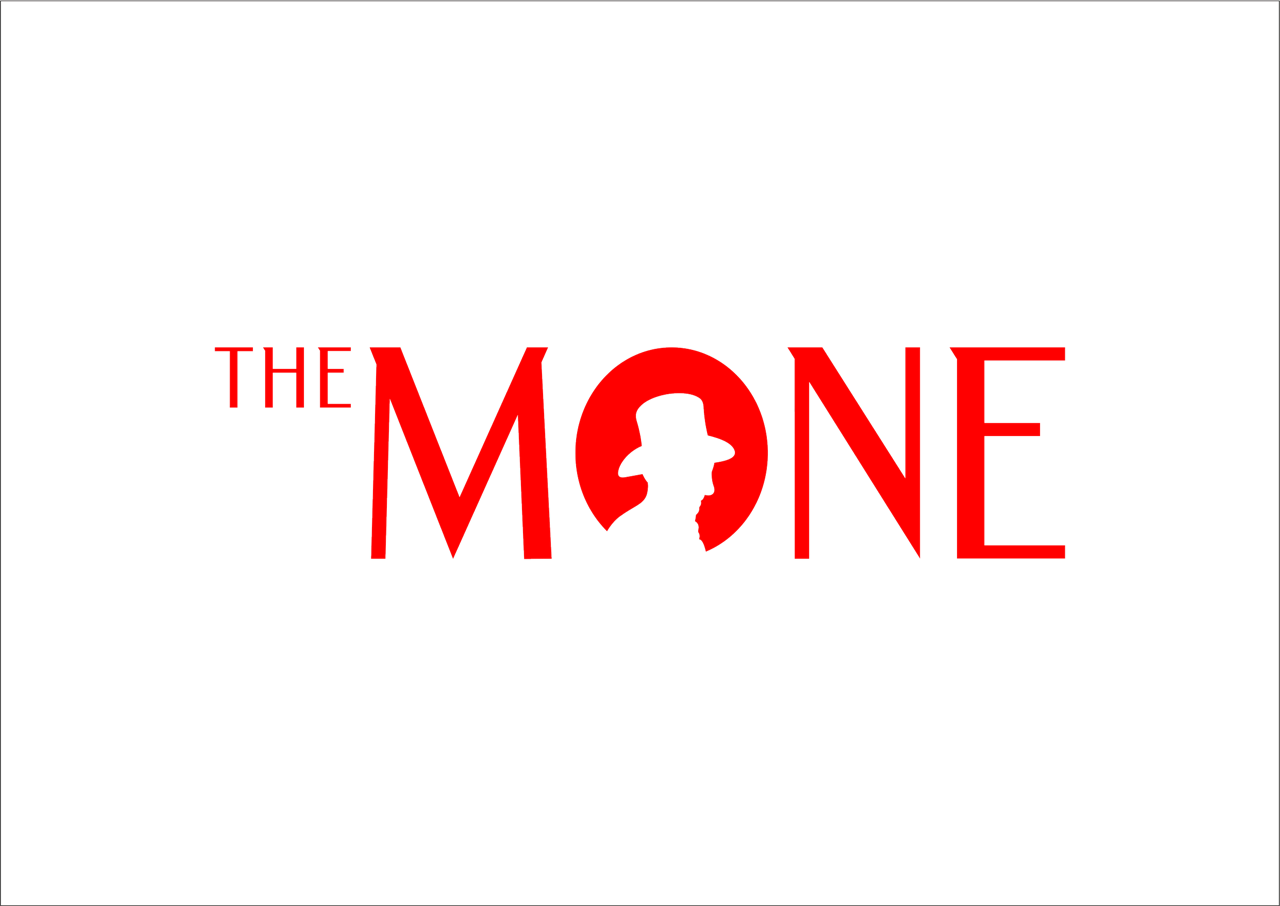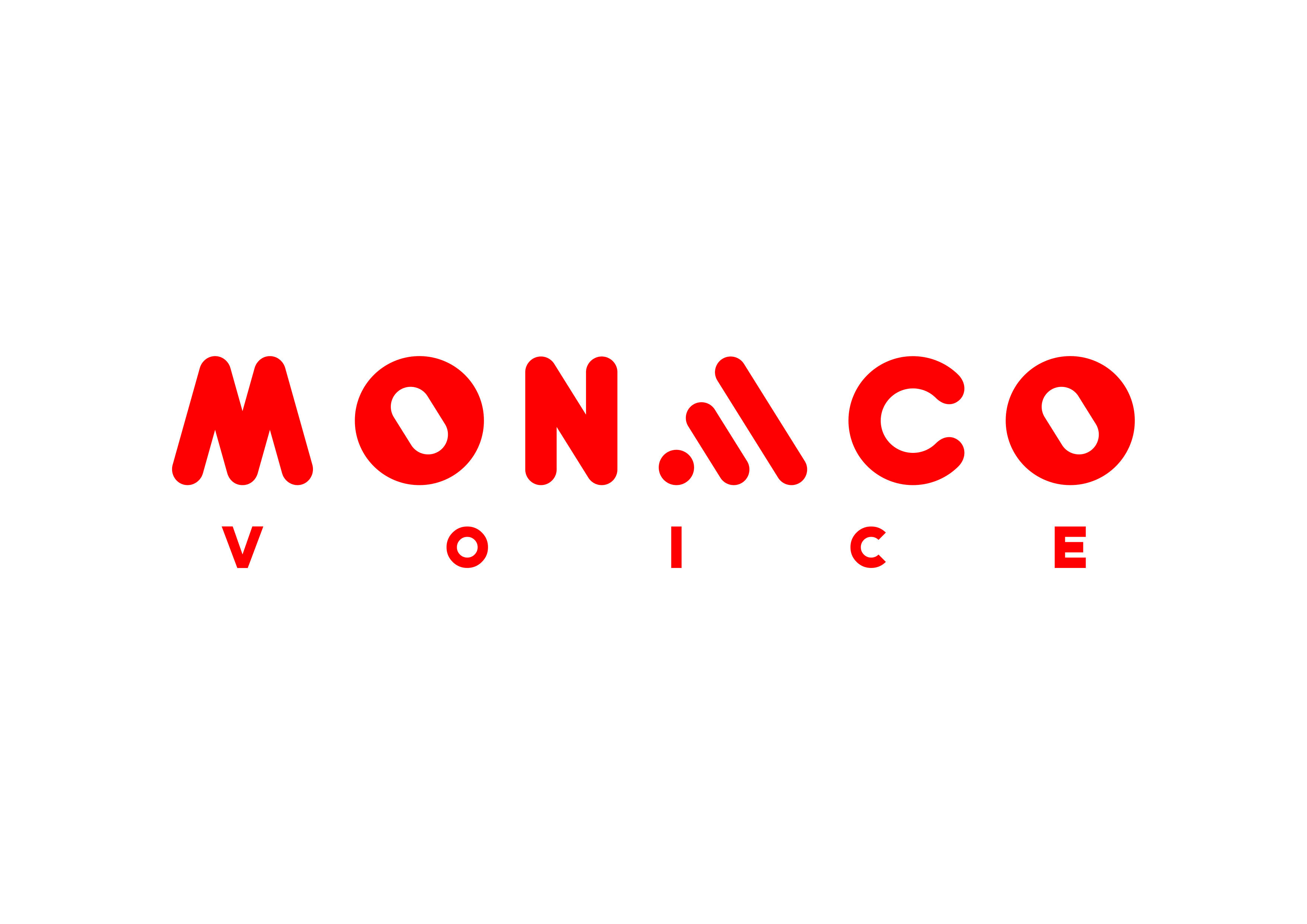At a meeting in Dubai on Thursday, Sheikh Mohammed bin Rashid Al Maktoum, the United Arab Emirates’ Vice President, Prime Minister, and Ruler of Dubai, held discussions with Ecuador’s president, Daniel Noboa, focused on broadening cooperation between the two countries. The talks took place at Zabeel Palace during President Noboa’s official visit to the UAE.
Sheikh Maktoum bin Mohammed bin Rashid Al Maktoum, the UAE’s Deputy Prime Minister and Minister of Finance, joined the meeting, which centered on strengthening economic, trade, and investment ties. The two sides also reviewed prospects for collaboration in renewable energy, sustainability, tourism, agriculture, and the digital economy - areas both governments consider essential to long-term development.
Sheikh Mohammed said the UAE aims to deepen its economic partnerships across Latin America, including with Ecuador, and highlighted the country’s focus on emerging sectors such as renewable energy and the green and digital economies. He noted that these priorities align with the broader development agenda set by UAE President Sheikh Mohamed bin Zayed Al Nahyan.
President Noboa conveyed greetings from the Ecuadorian government and highlighted his country’s interest in expanding trade and investment flows with the UAE. He said Ecuador seeks to draw on the UAE’s development experience, particularly as both nations look to modernize key sectors and diversify their economies.
Senior officials from both governments attended the talks, including representatives from the UAE’s civil aviation, cabinet affairs, international cooperation, artificial intelligence, and logistics sectors, as well as Ecuador’s foreign affairs, communications, and technology ministries.
The two leaders also discussed regional and international issues and underscored the need for joint efforts to support peace and stability. Both governments said the relationship has grown steadily in recent years and expressed interest in encouraging greater cooperation between public and private institutions in each country.
Photo credits: Government of Dubai Media Office


